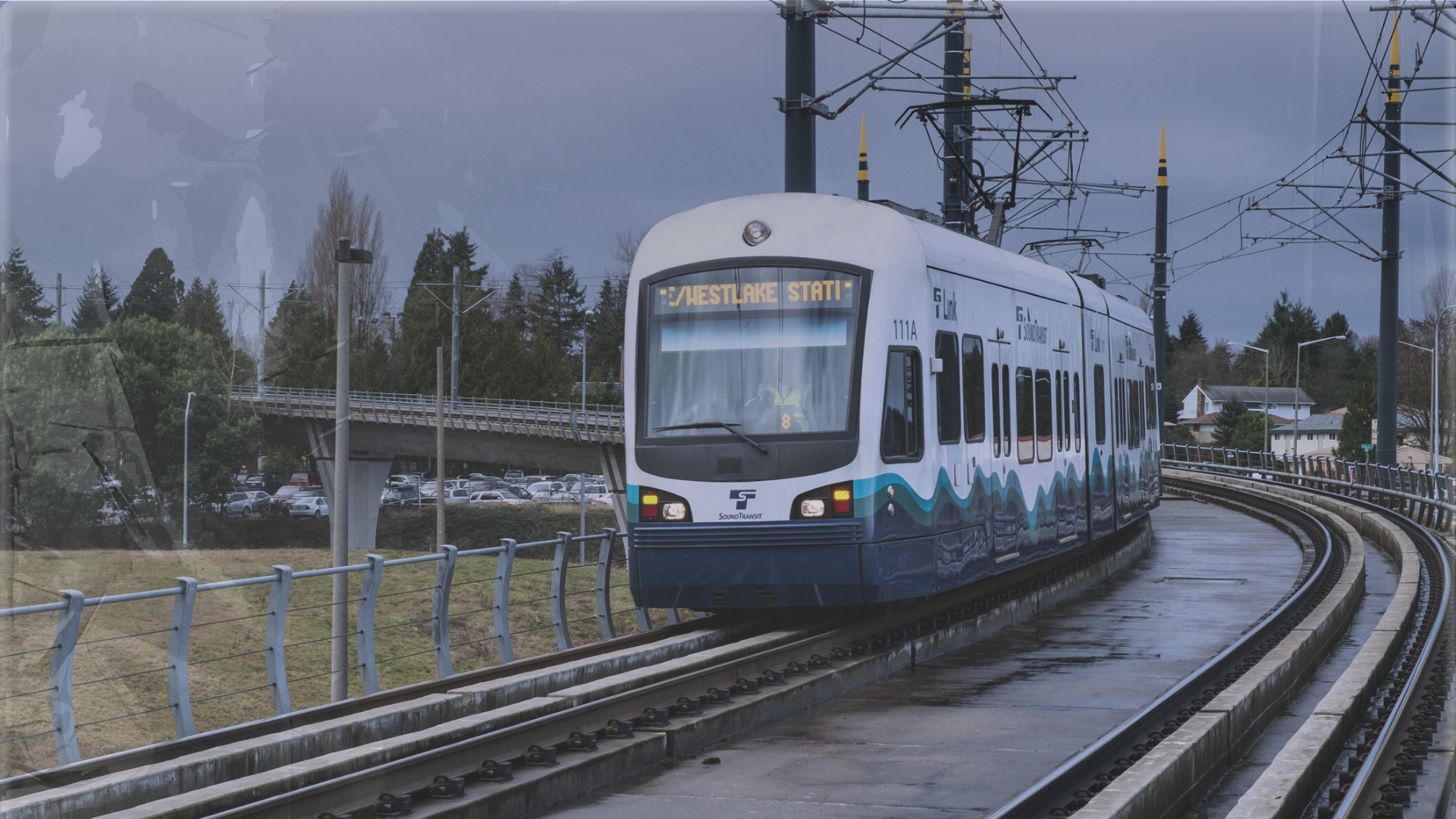In Washington state, for-profit businesses owned by 24 Indian tribes have special agreements to receive payments out of the public treasury. Under an arrangement made by Governor Gregoire in 2007, 19 of these tribes receive “refund” payments equal to 75% of the state gas tax on all motor vehicle fuel sold on tribal lands.
Up until this year, the state paid 28 cents out of the public treasury for every gallon of gas tribe-owned stations sold to customers. But those payouts will soon swell, as state lawmakers recently passed a transportation package funded by a two-part gas tax increase. As the state gas tax goes up, the amount of money determined by the 75% share going to for-profit tribal businesses goes up too.
The first increase, a seven-cent-per gallon bump in the gas tax, started on August 1st. Instantly, public payments to tribal businesses jumped by five cents per gallon sold, from 28 cents to just over 33 cents. State lawmakers plan to increase the gas tax again next year, boosting the state payment to tribes’ for-profit businesses to 37 cents per gallon. Since tribal gas station owners sell well over 100 millions of gallons every year, annual payments to tribes will rise by more than 25%, from about $32 million in 2013, to over $40 million, assuming no growth in the number of tribal gas stations or gasoline sales.
State taxpayers could be on the hook for more if tribes continue to expand their gas station market share. According to Former State Auditor Brian Sonntag, the number of tribally-owned stations in Washington state more than tripled between 2007 and 2013, from 14 to 51. Similar growth would greatly increase gasoline sales by tribal business owners – and the public payments they receive.
The gas tax increase and payments from the 2007 arrangement are likely good news to tribal business managers, but not so much for their non-Indian independent, family-owned competitors.
Public payments from the gas tax trust fund are supposed to go to transportation projects. But, KOMO TV has reported concerns from gas station owners that tribal business owners are using the payments to undercut their non-tribal competitors. A Washington Policy Center study found that gasoline prices at tribal fuel stations are, on average, seven to 12 cents per gallon lower than at non-tribal stations nearby. Also, tribal audits are kept secret, so there is no public record that the gas tax payments they receive are spent on transportation projects.
The disbursement of public funds is especially concerning to drivers, who fund the highway account. Even with the recent gas tax hike, state officials tell the public they are short of money to maintain the highway network and complete needed public projects. In addition, the state is on the hook to rebuild hundreds of fish culverts as a result of a federal court case. The cost of replacing culverts could be as high as $2.5 billion.
A few years ago, an independent group of Washington businesses called the Automotive United Trades Organization filed suit against the state, challenging the 2007 arrangement as illegal and unfair to the public. After presenting their argument in a lower court, their case was heard by the state Supreme Court last May. The court accepted Washington Policy Center’s Amicus Curiae brief in support of AUTO. WPC determined constitutional protections for disbursement of public funds are being violated.
The court is expected to issue a ruling in the case this fall.



